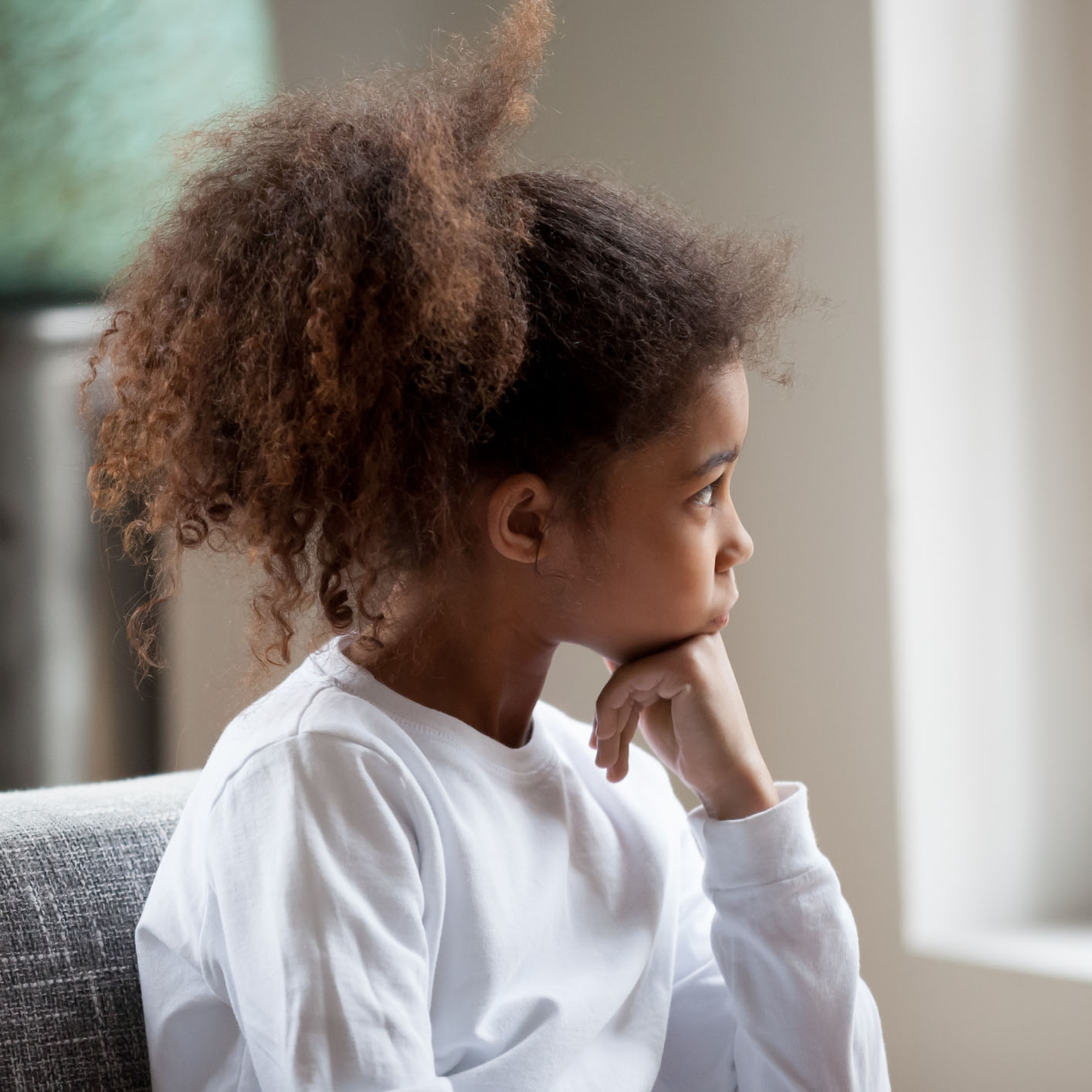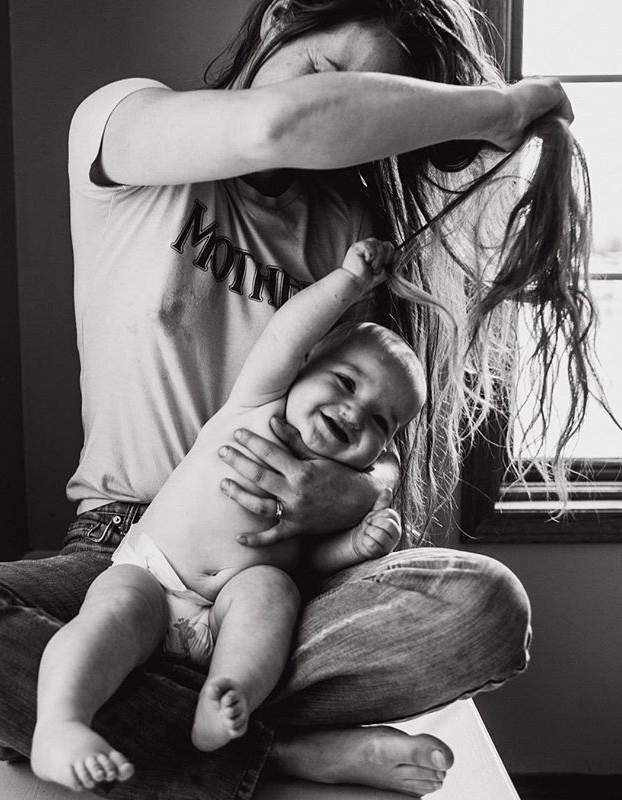 From starting solids to sleep training, parenting is full of decisions that most of us are making on the fly. Should we go back in and rock them to bed? Is television really the worst thing ever? Most of our choices reflect our individual perspectives on parenting, family and various levels of by-the-bookdom, but once in a while it helps to call in the big guns like a true expert opinion. So we’re bringing you answers to common parenting questions thanks to Babe’s resident pediatric expert, Dr. Aliza Pressman, Ph.D., co-founder of the Mount Sinai Parenting Institute and host of Raising Good Humans podcast. This week she tackles our children’s addictions to Iphones, Ipads and screens in general, and how to set new boundaries EVEN amidst a pandemic.
From starting solids to sleep training, parenting is full of decisions that most of us are making on the fly. Should we go back in and rock them to bed? Is television really the worst thing ever? Most of our choices reflect our individual perspectives on parenting, family and various levels of by-the-bookdom, but once in a while it helps to call in the big guns like a true expert opinion. So we’re bringing you answers to common parenting questions thanks to Babe’s resident pediatric expert, Dr. Aliza Pressman, Ph.D., co-founder of the Mount Sinai Parenting Institute and host of Raising Good Humans podcast. This week she tackles our children’s addictions to Iphones, Ipads and screens in general, and how to set new boundaries EVEN amidst a pandemic.
Q. Dear Aliza,
HELP. My children are bored constantly. They are remote schooling at home all day. We haven’t signed them up for any after-school programs because of Covid-19, and the playdate scene just isn’t the same because everyone’s scared. When they get bored, they get annoying, sometimes destructive and I’m trying not to keep them on their devices all day. How do I deal with boredom?
– Jackie C., mom to Lily 4, Jonah, 2
A. Here’s one thing to think about. Let’s reframe how we feel when our kids aren’t completely occupied by our curated days. And let’s think of that as an opportunity to promote independence and creativity versus thinking of it as a deficit in the day. So as always, the first step is looking at how much the concern about boredom is about us versus how much of it is about our kids. When the boredom is coming from them, it’s a nice opportunity to say, “Let’s get more comfortable with being bored.” But maybe it’s you who has to come to terms with the fact that you’re uncomfortable with the idea that they’re bored. Is that because you’re worried they’re not learning? Or that they’re not going to be able to tolerate the boredom and it’s going to bother you? Or that they’re going to bother you? What is it really about?

Photo by Istock
So let’s say it’s about them. You can remind them that we are all bored sometimes. You can say, “When I’m bored, I have a list of things that I’ve been meaning to do,” so you can make a list with your kids. The older they are, the more you can include them and you can make a list where they write down any activities they’ve been meaning to do. If they’re younger, you write them down, and it’s in a jar for boredom. They can go back to their boredom jar whenever they’re bored and you can say, “Right now you’re bored. I wonder what you’ll find in your jar.” So you don’t have to tell them what to do. That also helps when you try to give suggestions and none are enough and they’re not happy. You’ve got a consistent plan. These are their ideas, not yours. That’s why when you’re doing a boredom jar, you can have pre-approval over activities.
But be sure to check in with you as a parent in terms of what can and can’t deal with in that moment. If you’re feeling like you can’t deal with kids being bored, take three seconds just so you can come to them in a space of better energy. Then you can validate their feelings and say, “It’s no fun to be bored and we used to be a lot busier. You used to have after-school stuff and more playdates. It’s hard to figure out what to do.” Give them permission to be bored so they don’t think this isn’t a feeling I’m not supposed to be having. A lot of times, some kids need validation of something to do all the time so they’re knowing they’re doing the right thing. But it makes sense they’re bored. Then you can help them figure out what to do. And as they get older, you let them know that you know they’ll figure it out. And with it they’ll feel better that it’s coming from them that they figured it out. Because here’s something we know for sure, there will be hours of boredom in life. So if you solve for boredom, you can’t help kids live with the long term experience that boredom can be great because you know how to sit with yourself. Or they can spend a lifetime waiting for someone to help entertain themselves.




